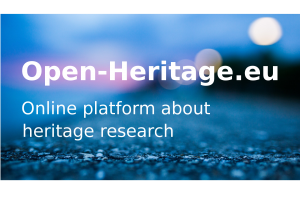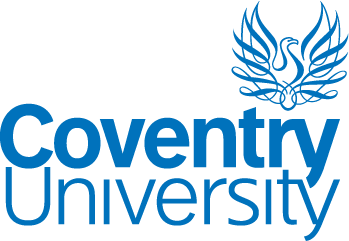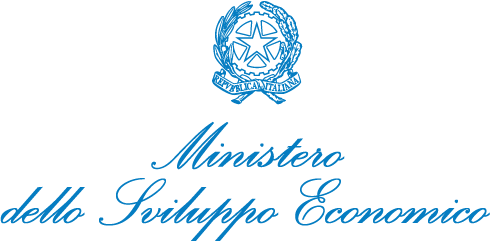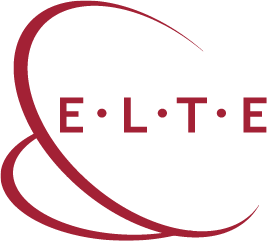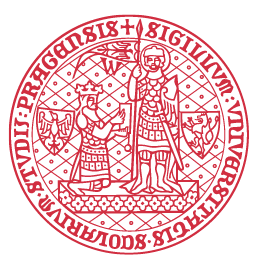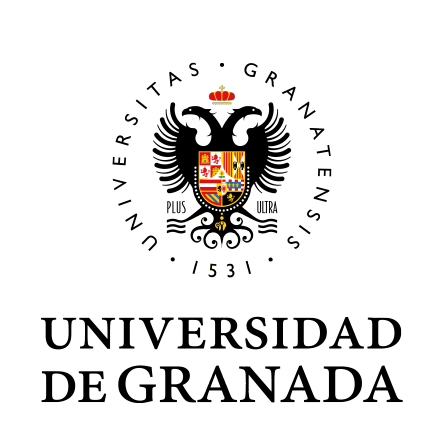Overview of the REACH project
In the context of radical social changes taking place at global levels, Europe faces the need for its citizens to live together in peace and mutual respect and to value and enjoy the diversities, which they bring to their respective societies. In this light, Cultural Heritage (CH) plays an important role in contributing to social integration in Europe.
The act of reflection is a crucial part of establishing our identities, of managing the conduct of our daily lives as social beings and hence of building a society which is inclusive and integrated. CH is a vital element in this reflective process: it is an instrument for exploring questions of identity and for overcoming barriers to mutual understanding and tolerance.
However, the role of CH as a tool for integration is often a contested one, with arguments for economic value opposing those for intrinsic value; or with arguments for localism challenging those for pan-national ‘Europeanisation’, for example.
A full and detailed picture of the range, type and impact of participatory methodologies, current and future, associated with culture and CH, can enhance its potential for social good.
The REACH social platform makes available tools and instruments to trigger the debate on how participatory approaches can contribute to develop a common horizon of understanding. Furthermore, participatory approaches are expected to contribute to a deeper engagement of civil society in the research and establishment of innovation processes in the CH sector.
Scope of the REACH social platform
The REACH social platform's activities have a twofold scope:
- Support: to map and provide analysis of research results achieved in previous programmes, to identify current and emerging research trends, and to offer authoritative new knowledge of the CH field to researchers, experts, the European Commission and policy makers.
- Coordination: to offer benefits to its participants, expanding knowledge of complementary research domains, and of new research methodologies, generating opportunities for cooperation, offering pathways to wider user engagement with research outputs.
Activities of the REACH social platform
REACH proposes to map, evaluate, analyse, model and report on participatory approaches and research. It opens up a space in which new research questions and methodologies may be revealed. REACH consists of three practical areas of work:
1) development of a sustainable REACH network aggregating the widest range of stakeholders and audiences, and offering concrete participatory experiences through its pilots;
2) implementation of a rich programme of public encounters (workshops, conferences and meeting with local stakeholders) focusing on participatory approaches to preservation, (re-)use, and management of CH;
3) publication of Open-heritage.eu, the independent online space, open to the contribution of the Heritage Research community.
Sharing information, fostering joint actions, experiencing co-creation, is at the forefront of the impactful delivery of REACH.
REACH Management Team
REACH is managed by its Consortium, which includes all the partners involved in the execution of the project.
The Consortium reflects the range of necessary, and complementary, competences for the social platform and offers a wide geographic spread.
The Consortium is responsible for delivering the project, as defined in the Grant Agreement contract with the European Commission.
Coventry University, as overall Coordinator, appoints a Project Coordinator who is supported in his duties by a Project Manager and the Network Coordinator, nominated by the partner Promoter.
Each Work Package and Pilot is led by partners chosen because of their expertise within their specific area of work:

